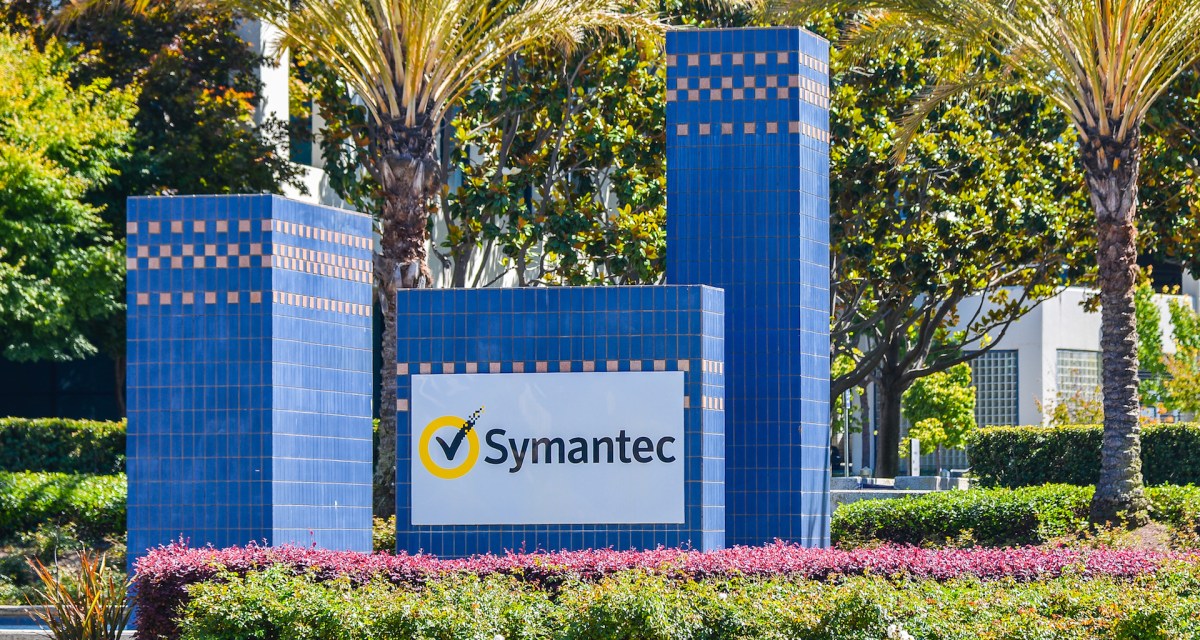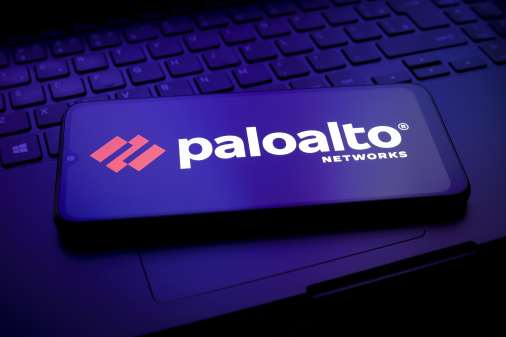With eyes squarely on the cloud, Symantec acquires Israeli network security firm Luminate

Symantec has acquired an Israeli company that specializes in protecting corporate networks based in the cloud — an area of competency that will only become more important as businesses continue to move their data and software to third-party cloud providers.
The Silicon Valley cybersecurity giant said it is acquiring Luminate Security because of its strength in zero-trust security and “software defined perimeter” technology. Luminate’s zero-trust technology “securely connects any user from any device, anywhere in the world to corporate applications, on-premises and in the cloud, while all other corporate resources are cloaked without granting access to the entire network,” according to a release.
Tel Aviv-based Luminate’s software defined perimeter technology helps customers protect the fringes of their networks by providing “full visibility of users’ actions as they access corporate resources, as well as real-time governance of these resources.” The idea is that the perimeter is no longer just the computer on the average worker’s desk.
Luminate’s three co-founders all had deep experience in the cybersecurity industry before founding the company. CEO Ofer Smadari worked at Adallom, which was acquired by Microsoft, and FireLayers, which was acquired by Proofpoint. Chief Technology Officer Leonid Belkind and Chief Product Officer Eldad Livni previously worked for Check Point Software Technologies. Belkind’s biography says he was a member of the Israeli military’s famed technology team, Unit 8200.
The kind of technology Luminate builds is crucial to helping companies secure their cloud environments, Symantec said.
“Now and in the future, we anticipate more and more corporations will operate their business on infrastructure that is managed by multiple third parties such as Azure, AWS and Google,” Symantec President and CEO Greg Clark said in a release. “In this rapidly evolving world, trust in external infrastructure must be carefully considered as corporations can outsource infrastructure but must also remain responsible for data and users.”
Terms of the deal weren’t announced.






